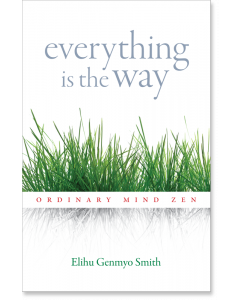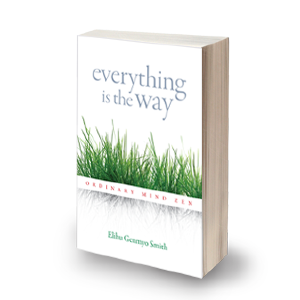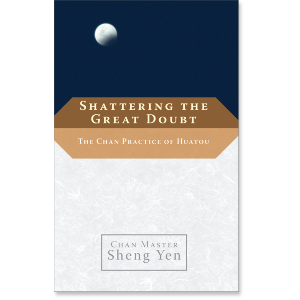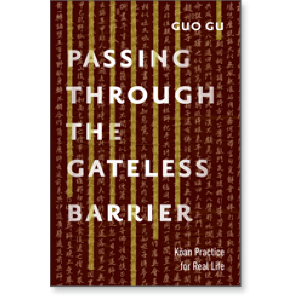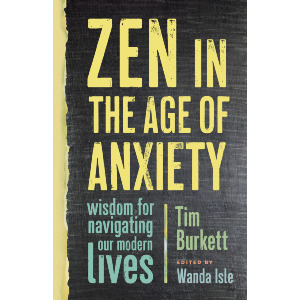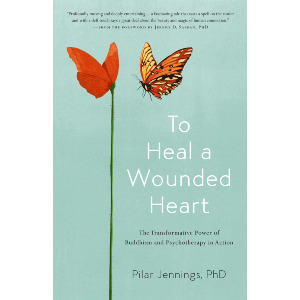Everything is the Way: Ordinary Mind Zen
By Elihu Genmyo Smith
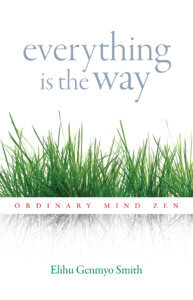
Intimacy: How does this occur?
Practice is intimacy, intimacy as the whole universe, intimacy as our life, as this moment. Because it is so simple and straightforward, for just this reason we find all sorts of ways to avoid our life, our practice, and our zazen. How does this occur?
In ordinary language and in ordinary life, we use the word "intimacy" and think we know what it means. We use "intimacy" in terms of specific relationships, specific activities, or we say that we feel intimate at specific times in activities such as music, arts, and sports.
Zazen is intimacy; zazen is our life that is the universe.
We identify intimacy as certain experiences. In fact, the enjoyable, nurturing, and enlivening aspects of various activities are related to being intimate. Nevertheless, understanding intimacy only in this so-called ordinary way, especially in terms of the pleasurable and almost seductive quality, the experience of intimacy we associate with only certain activities, especially some such as the sensuality of sex, may lead us to miss the most basic and underlying aspect of intimacy.
Zazen is intimacy. This is not an intimacy between you and others, between you and the universe. Zazen is intimacy; zazen is our life that is the universe.
Not seeing this clearly is a problem that stems from the ordinary understanding of intimacy, whereby intimacy becomes another aspect of dualistic self-centeredness. We feel intimate with another in a relationship as long as they fit our expectations, as long as the experience is what I want.
ordinary understanding of intimacy... becomes another aspect of dualistic self-centeredness.
Intimacy: What is expected, what is included or excluded?
I am intimate with my parents except when they are critical of me, demanding, boring, or needy. I am intimate with my partner except when they are troublesome, not enjoyable to be around, not the way I want, or when our relationship does not feel intimate.
Have these thoughts and feelings arisen for you? They have for most of us.
Do you notice these thoughts? Do you believe these thoughts? Do you hold to these beliefs?
Based on these beliefs, do you act as if you cannot be intimate with the person or the circumstance? This is a practice opportunity.
Do you cut off this moment? Do you cut off your life? This "cut off" maintains self-centered suffering.
-From Everything is the Way: Ordinary Mind Zen by Elihu Genmyo Smith, pages 32-33.

